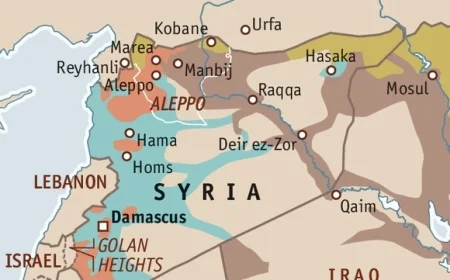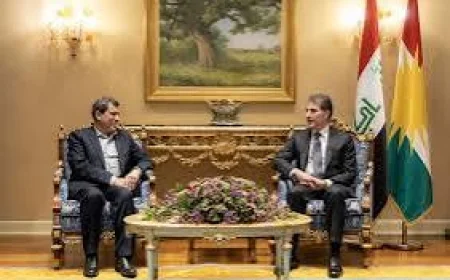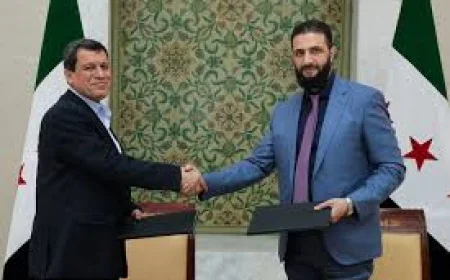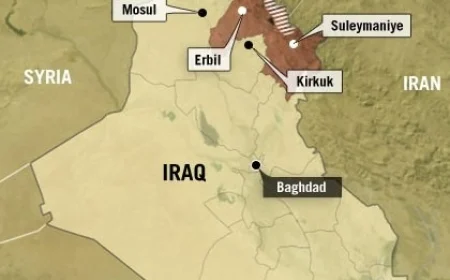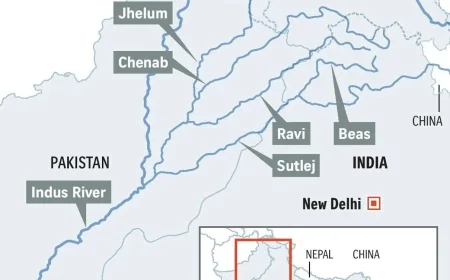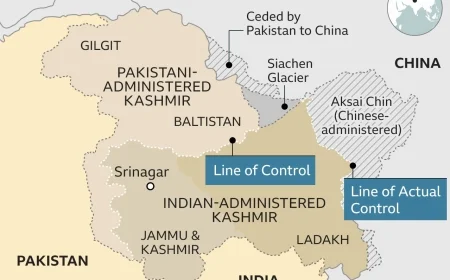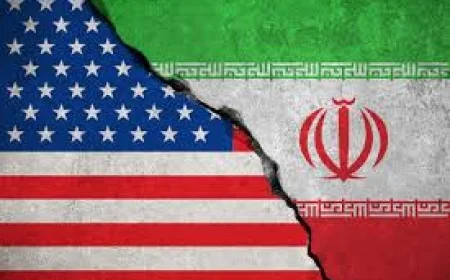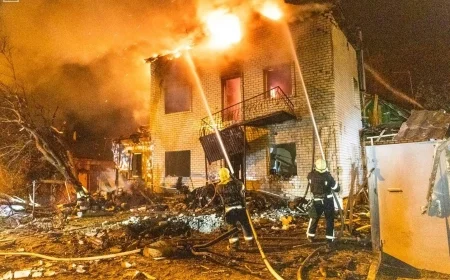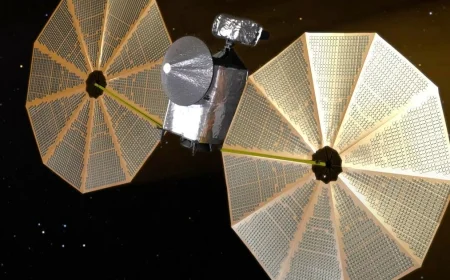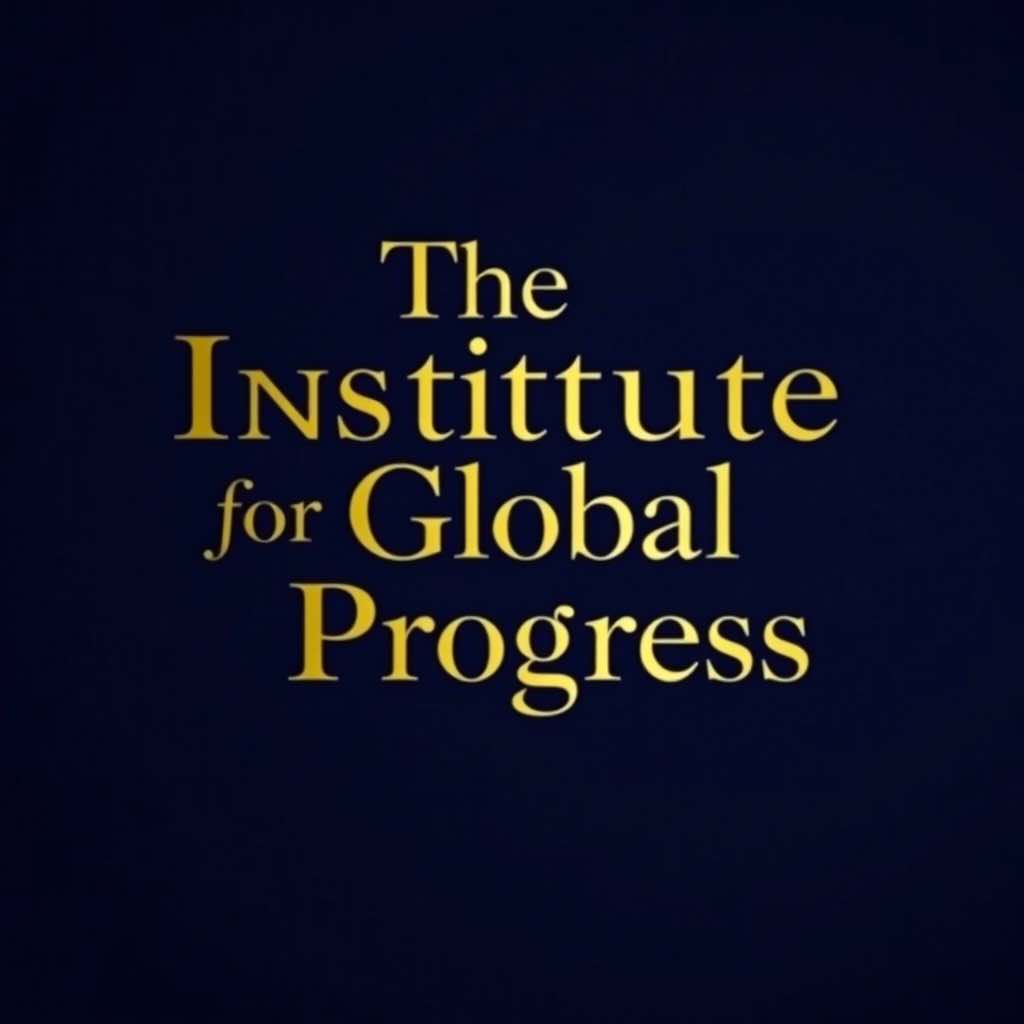As the conflict in Ukraine approaches its fourth year, the prospect of peace negotiations has emerged with renewed urgency amidst changing geopolitical dynamics. Ukrainian fighters, having demonstrated remarkable resilience against Russian aggression, now face the dual challenge of continuing to defend their sovereignty whilst navigating the diplomatic pressures that accompany potential ceasefire arrangements. This analysis examines the complex interplay between security imperatives and justice considerations that will shape any sustainable peace agreement, with particular attention to the implications of Donald Trump’s return to the White House and the shifting priorities of Ukraine’s international allies.
Current Landscape: A Precarious Balance
The situation on the ground in Ukraine remains precarious. Ukrainian forces continue to demonstrate tactical innovation and resolve, yet face significant challenges in terms of manpower and materiel. Russia, despite substantial losses, maintains its strategic objective of undermining Ukrainian sovereignty and has shown a willingness to sustain a protracted conflict. Meanwhile, support from Western allies, whilst substantial, has been complicated by domestic political considerations and competing international priorities.
The return of Donald Trump to the American presidency introduces additional uncertainty. His administration’s emphasis on a swift conclusion to hostilities—potentially prioritising expediency over justice—has generated significant concern amongst Ukrainian military and political leadership. This concern is not unfounded, as historical precedents suggest that hastily arranged ceasefires without robust enforcement mechanisms and comprehensive political settlements often lead to renewed conflict.
Strategic Imperatives for Sustainable Peace
1. Security Architecture with Credible Deterrence
Any viable peace settlement must address Ukraine’s fundamental security concerns. This requires:
• Robust Security Guarantees: Unlike the Budapest Memorandum’s unfulfilled promises, new security arrangements must include specific, binding commitments from major powers with clear trigger mechanisms for intervention.
• Defensive Capability Development: Ukraine requires continued investment in its defensive capabilities, including advanced air defence systems, anti-ship capabilities, and intelligence infrastructure to deter future aggression.
• International Monitoring Mechanisms: A comprehensive, well-resourced international monitoring mission with clear mandates and enforcement capabilities must verify compliance with ceasefire terms.
• Graduated Sanctions Framework: A predetermined framework of escalating economic and diplomatic sanctions that would automatically trigger in response to ceasefire violations would increase the costs of non-compliance.
2. Territorial Integrity and Sovereignty Considerations
The question of territorial control represents perhaps the most challenging aspect of any settlement:
• Status of Occupied Territories: Creative diplomatic frameworks may be required to address the status of currently occupied territories, potentially including special administrative arrangements, international administration periods, or sequenced sovereignty transitions.
• Demilitarised Zones: Establishing buffer zones with international oversight could reduce the risk of immediate conflict rekindling while allowing time for political solutions to mature.
• Freedom of Movement Guarantees: Ensuring civilians can move safely between territories regardless of current control is essential for humanitarian reasons and to maintain human connections across divided communities.
3. Justice and Accountability Mechanisms
For peace to be sustainable, it must be perceived as just by the Ukrainian population:
• Transitional Justice Framework: Establishing mechanisms to document violations of international humanitarian law, provide reparations to victims, and pursue accountability for the most serious crimes.
• International Criminal Prosecutions: Supporting the work of the International Criminal Court and other international justice mechanisms to investigate and prosecute war crimes and crimes against humanity.
• Truth and Reconciliation Processes: Creating spaces for victims’ experiences to be acknowledged and documented, potentially through a specially constituted commission.
• Reparations and Reconstruction Funding: Establishing a comprehensive framework for the reconstruction of damaged infrastructure and compensation for losses, with substantial Russian contribution.
4. Diplomatic and Multilateral Engagement
Sustainable peace requires broad international support and engagement:
• Inclusive Negotiation Framework: Any peace process must include Ukraine as an equal participant with genuine agency, rather than decisions being imposed by external powers.
• Multilateral Guarantors: Engaging a diverse group of international stakeholders beyond the United States and Russia to provide stability to any agreement.
• European Integration Pathway: Maintaining a clear path for Ukraine’s European integration aspirations provides a crucial incentive structure for democratic reforms and economic development.
• Regional Security Architecture: Developing a new European security architecture that acknowledges the legitimate security interests of all parties while upholding the sovereignty of independent states.
Navigating Trump’s Potential Ceasefire Initiative
The prospect of a Trump-brokered ceasefire presents both opportunities and significant risks. The Ukrainian leadership will need to:
• Proactively Shape the Narrative: Rather than merely reacting to American proposals, Ukraine should articulate its own comprehensive vision for a sustainable peace, emphasising the security interests shared with Western partners.
• Build European Solidarity: Strengthen relationships with European partners who may serve as counterbalances to any American pressure for premature concessions.
• Leverage Domestic Resilience: Ukraine’s strongest negotiating asset remains its people’s demonstrated willingness to defend their sovereignty. This internal resilience should be translated into diplomatic leverage.
• Engage with Trump’s Priorities: Without compromising core sovereignty principles, identify areas where Ukrainian and Trump administration interests may align, particularly regarding regional stability and constraining Russian influence.
Conclusion: The Path Forward
A sustainable peace in Ukraine cannot be achieved through military means alone, nor through diplomatic agreements that fail to address fundamental security and justice concerns. The path forward requires a delicate balance between pragmatism and principle, between addressing immediate security threats and pursuing longer-term justice.
For Ukraine’s international partners, particularly the Institute for Global Progress and similar organisations, the imperative is clear: support Ukrainian agency in determining its future while providing the technical, financial, and diplomatic resources necessary to strengthen its negotiating position. This means advocating for continued military assistance in the near term, investing in Ukraine’s institutional capacity, supporting accountability mechanisms, and maintaining sanctions pressure on Russia until meaningful progress toward a just settlement is achieved.
A peace that sacrifices justice for expediency would be no peace at all, but merely a pause before renewed conflict. Equally, an insistence on maximal justice that perpetuates active conflict indefinitely would fail to serve the Ukrainian people’s immediate security needs. Threading this needle—finding the balance between realistic compromise and essential principles—represents the central challenge for Ukrainian leadership and their international partners in the months ahead.
The stakes could not be higher. The outcome will determine not only Ukraine’s future but also the shape of the international order and the credibility of rules-based international relations for decades to come.
Published by The Institute for Global Progress, April 2025

 Like
0
Like
0
 Dislike
0
Dislike
0
 Love
0
Love
0
 Funny
0
Funny
0
 Angry
0
Angry
0
 Sad
0
Sad
0
 Wow
0
Wow
0
